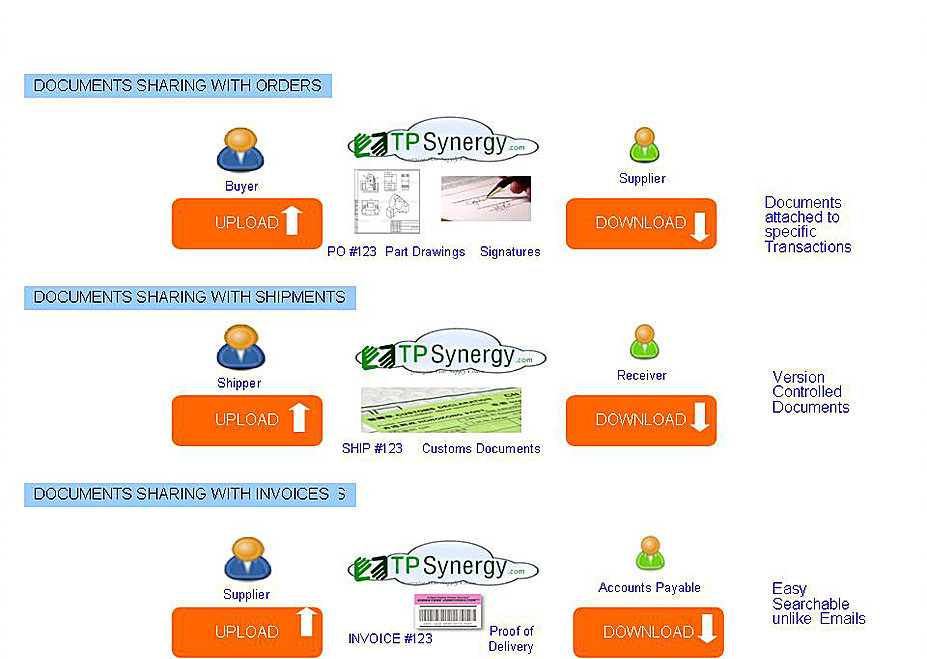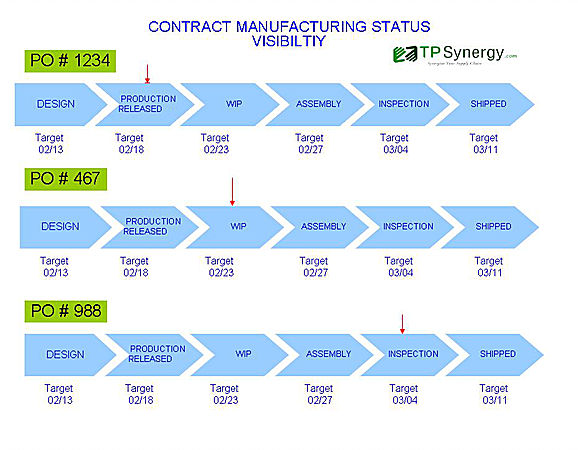3PL Inventory Synchronization
3PL Inventory and Synchronization to ERP In current supply chain world, 3PL (Third Party Logistics) is an important component. Supply chain operations are outsourced to another company. Inventory related operations like Shipping, Receiving and some times value added services like Packaging are outsourced to the 3PL Operations Performed by 3PL Typically a 3PL will perform the below operations for the customer Receiving Inbound shipments from Suppliers and other warehouse Ship outbound shipments to Customers based on Ship advice from suppliers Value added services – Minor assembly, [...]





